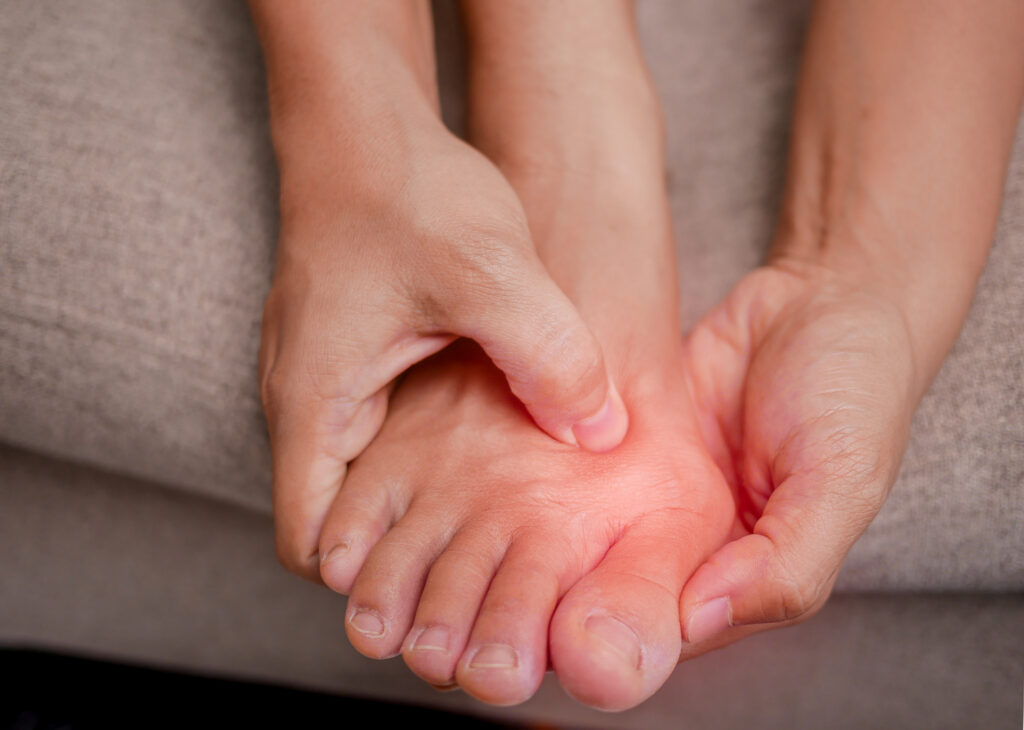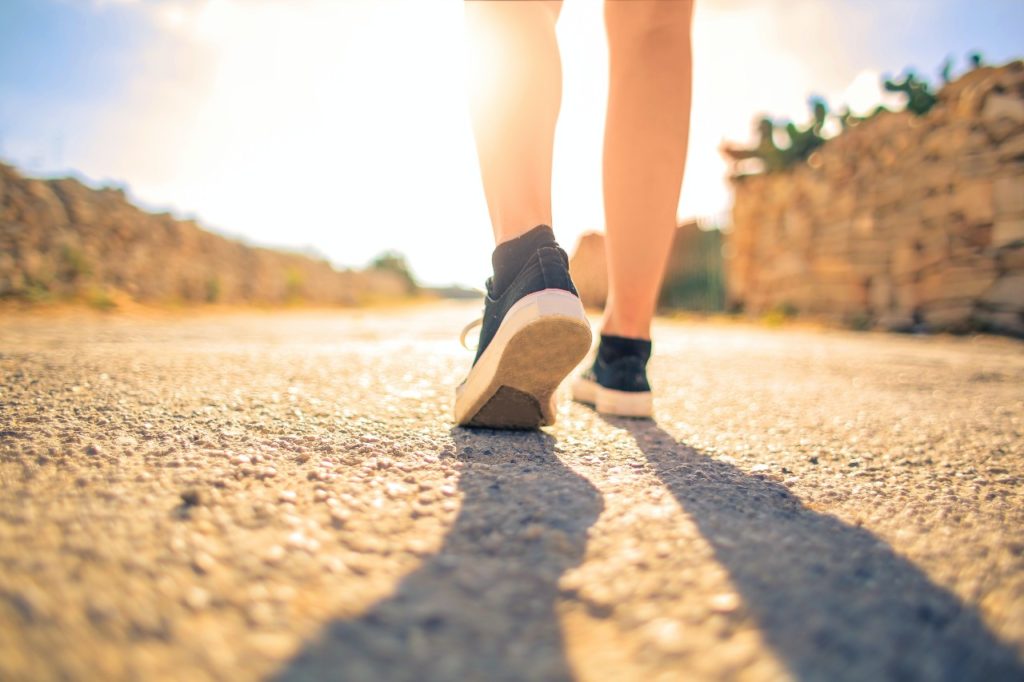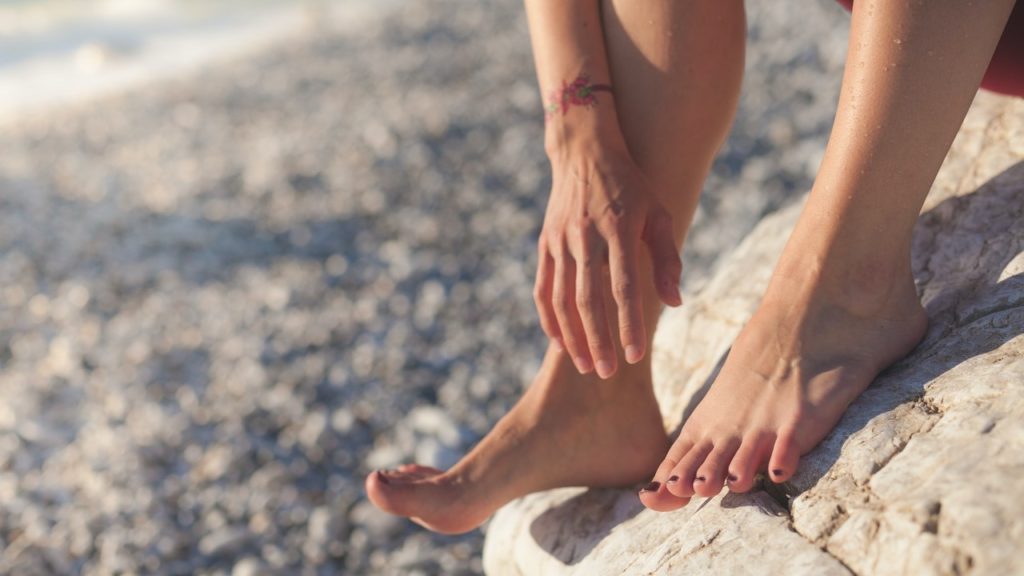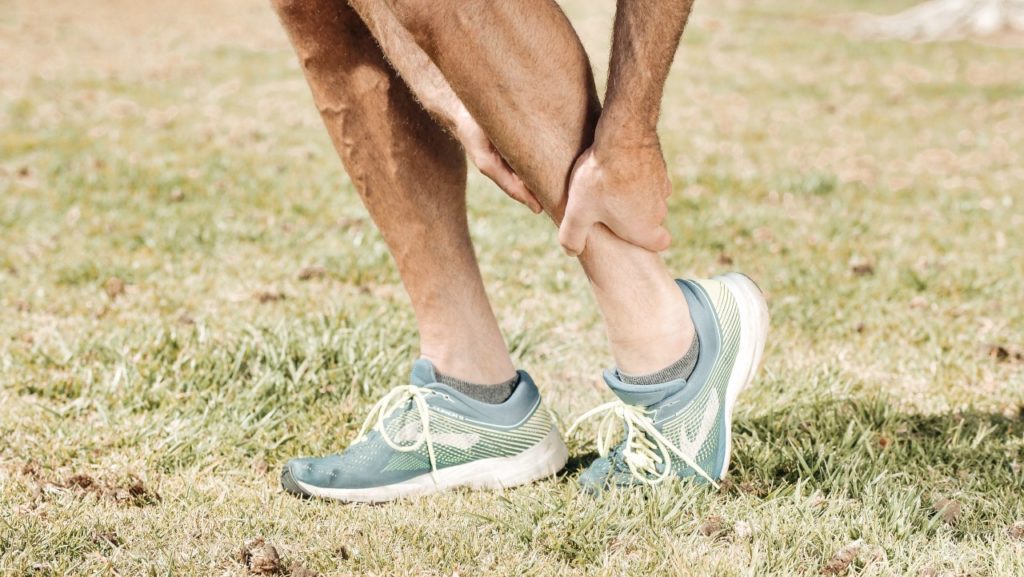By Pedram A. Hendizadeh, DPM, FACFAS
If you are a woman, you may want to know if the occurrence of bunions is greater
Hallux Valgus is a condition which usually affects the base of the big toe, can cause pain and discomfort and often requires medical attention. While both men and women can develop bunions, it’s true that women are more likely to experience this painful condition. Here are some possible reasons why:
1. Footwear: One of the primary causes of bunions is wearing tight, ill-fitting shoes. Women are often more likely to wear shoes with narrow or pointed toes, high heels or other shoes that put pressure on the toes and feet. Over time, this can cause the bones in the foot to shift, leading to bunions.
2. Genetics: Some people are more prone to bunions due to genetic factors. If your mother, grandmother or another female relative has had bunions, you may be at a higher risk for developing them yourself.
3. Hormones: Some studies have shown that fluctuations in hormones can affect foot shape and lead to the development of bunions. Women may be more likely to experience these hormonal changes, particularly during pregnancy or menopause.
4. Foot anatomy: Women may have a different foot structure than men, such as wider hips and a shorter first metatarsal bone. This can contribute to the development of bunions.
As a woman, you can work with your Podiatrist to help prevent bunions. We encourage our female patients to wear appropriate footwear, stretch and exercise their feet, and seeking medical attention if they notice any foot pain or discomfort.






